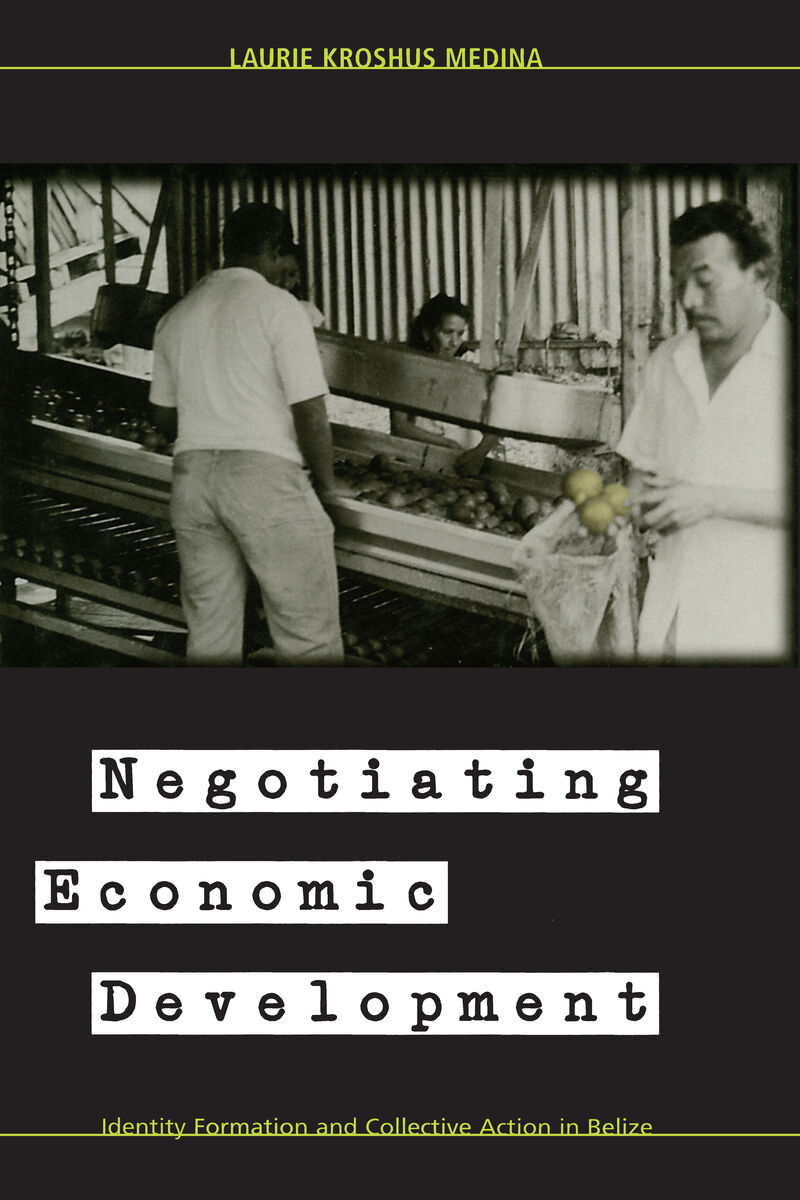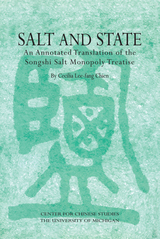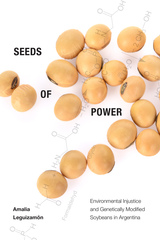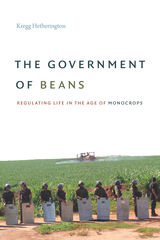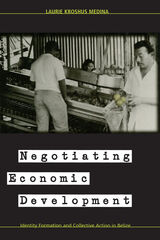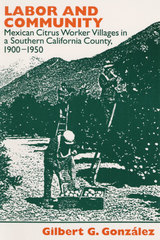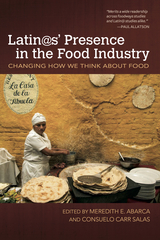Negotiating Economic Development: Identity Formation and Collective Action in Belize
University of Arizona Press, 2004
Cloth: 978-0-8165-2361-0 | eISBN: 978-0-8165-5011-1
Library of Congress Classification HD9259.C53B425 2004
Dewey Decimal Classification 338.174304097282
Cloth: 978-0-8165-2361-0 | eISBN: 978-0-8165-5011-1
Library of Congress Classification HD9259.C53B425 2004
Dewey Decimal Classification 338.174304097282
ABOUT THIS BOOK | AUTHOR BIOGRAPHY | REVIEWS | TOC
ABOUT THIS BOOK
The citrus industry in Belize could be said to exist primarily to satisfy the needs of people in other countries. A business that is highly dependent on global markets and the geopolitics of international trade, it comprises some 500 farmers, many hundreds of wage laborers, and two processing companies that produce frozen juice concentrate for export. This new study examines how those farmers, laborers, and companies define and pursue shared interests, and how they respond differently to the impact of national development strategies and global economic and political forces. Laurie Kroshus Medina analyzes the development of the citrus industry in Belize over fifteen years to explore the relationship between the production of collective identities and the negotiation of development policies at the interface of global and local processes. She shows how citrus farmers and workers, processing companies, and politicians compete to construct shared identities, how they mobilize collective actors, and how their collective action shapes the goals, policies, and practices associated with development. Taking an ethnographic approach, Medina describes how the Belizean citrus industry responds to cycles of boom and bust, and the implications of such cycles for workers and growers. She offers a close look at the major actors—workers, union members, small and large growers, and politicians—as they respond to global changes in the citrus industry. Her analysis is made more compelling through an account of two open struggles in the industry over the formation of a rival union and the attempt to buy the processing company, owned by the multinational corporation Nestlé. She also includes a discussion of the impact of NAFTA on the industry. Medina's research demonstrates how collective agency in Belize has pushed the citrus industry's development in directions that simultaneously conform to and diverge from the trajectories laid out by foreign agencies. Negotiating Economic Development provides a bridge from old to new studies of Latin American social movements as it offers key insights into competing forms of identity for a wide range of social scientists concerned with the human and social aspects of development issues and globalization.
See other books on: Belize | Collective Action | Cooperation | Economic development | Group identity
See other titles from University of Arizona Press
